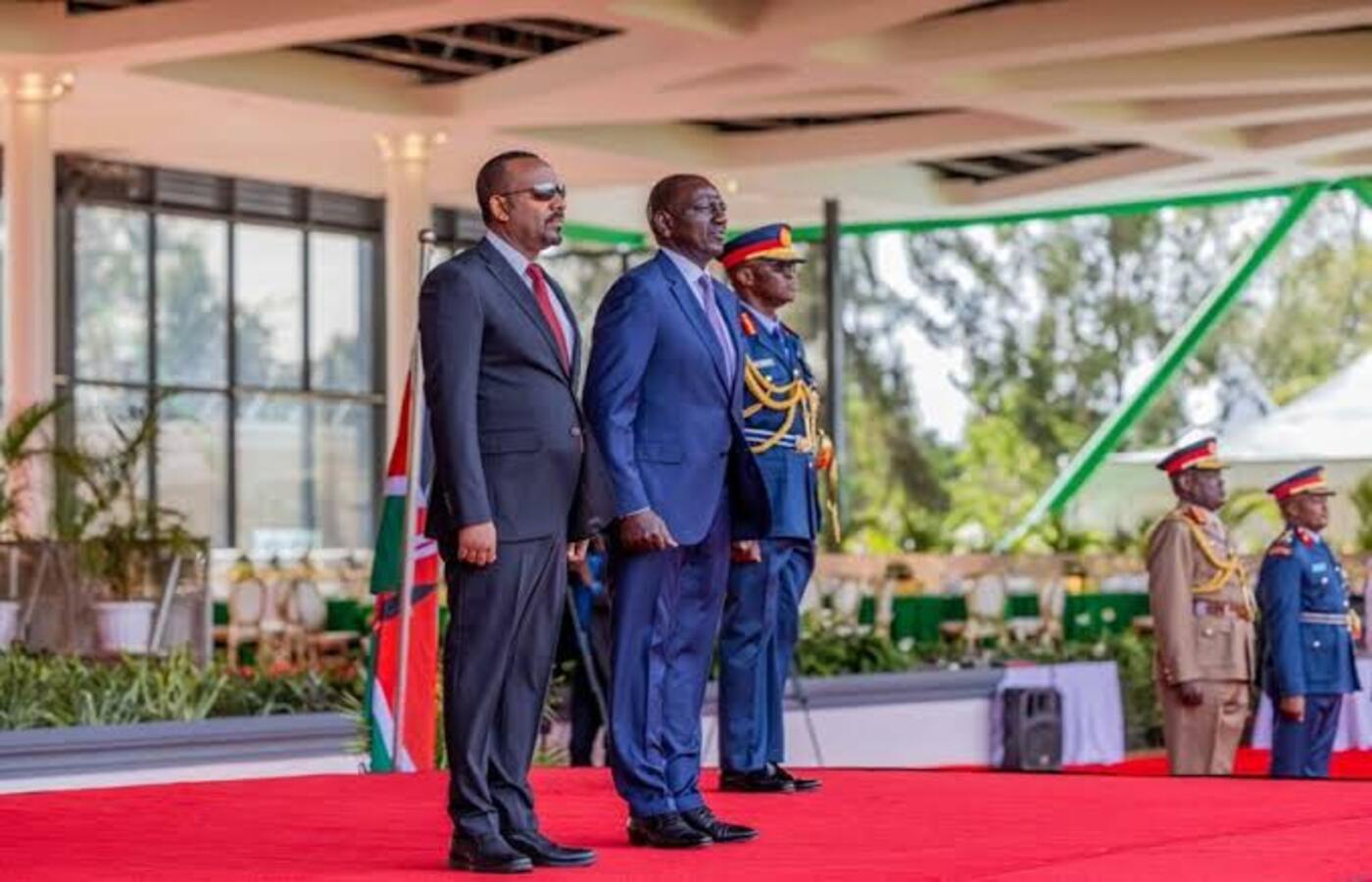Kenya and Ethiopia Sign Bilateral Trade Agreement to Accelerate AfCFTA Implementation
Kenya and Ethiopia have signed a landmark bilateral agreement aimed at accelerating the implementation of the African Continental Free Trade Area (AfCFTA) through a simplified trade regime. The move marks a significant milestone in regional integration and cross-border commerce.
The agreement was formalised in Mombasa during the third bilateral trade meeting between the two nations. Senior government officials signed a Memorandum of Understanding (MoU), outlining a framework that facilitates easier and more structured trade for communities along the shared border.
Representing Kenya, Cabinet Secretary for Investments, Trade and Industry Lee Kinyanjui emphasised the government’s commitment to resolving persistent commercial bottlenecks, especially at the Moyale border, which have long hampered local economic growth.
“We are working toward a future where goods and people can move freely between our two countries. Kenya and Ethiopia must realise the full potential of free trade, not only for commerce but also for tourism and broader economic development,” Kinyanjui said.
He highlighted the complementary nature of the two economies, with Ethiopia supplying essential commodities and Kenya offering manufactured goods of value to Ethiopian markets. He encouraged citizens and investors to seize the opportunity provided by the new trade framework.
“Kenya has invested heavily in modern transport and trade infrastructure. We now call on traders to utilise these systems to expand business with our neighbours,” he added.
On Ethiopia’s side, Minister of Trade and Regional Integration Kassahun Gofe hailed the agreement as a critical step in bringing the AfCFTA to life at a grassroots level.
“We resolved two longstanding issues—border trade regulations and trading thresholds. The new guidelines provide structure and clarity for small-scale traders,” Gofe said.
Under the agreement, Ethiopia’s border trade zone will extend 50 kilometres from the frontier, while Kenya’s will span 100 kilometres. Small-scale traders will be permitted to trade up to four times monthly, with a maximum threshold of $1,000 USD per transaction, based on a jointly approved list of goods.
Both countries have agreed to continue collaboration through a detailed matrix of agreed minutes, with Ethiopia pledging to circulate a draft legal instrument to formalise the agreement.
“After two years of intensive negotiations, we have reached consensus. The focus now is on implementation—making this agreement work on the ground,” Gofe stated, commending the technical teams for their dedication.
The new trade framework is expected to transform the lives of thousands of informal and small-scale traders operating in Kenya’s and Ethiopia’s border regions, offering them a predictable and secure environment for business.
This bilateral pact stands as a model for regional economic cooperation under the AfCFTA, which aims to create the largest free trade area in the world by connecting 55 African countries and over 1.3 billion people.





